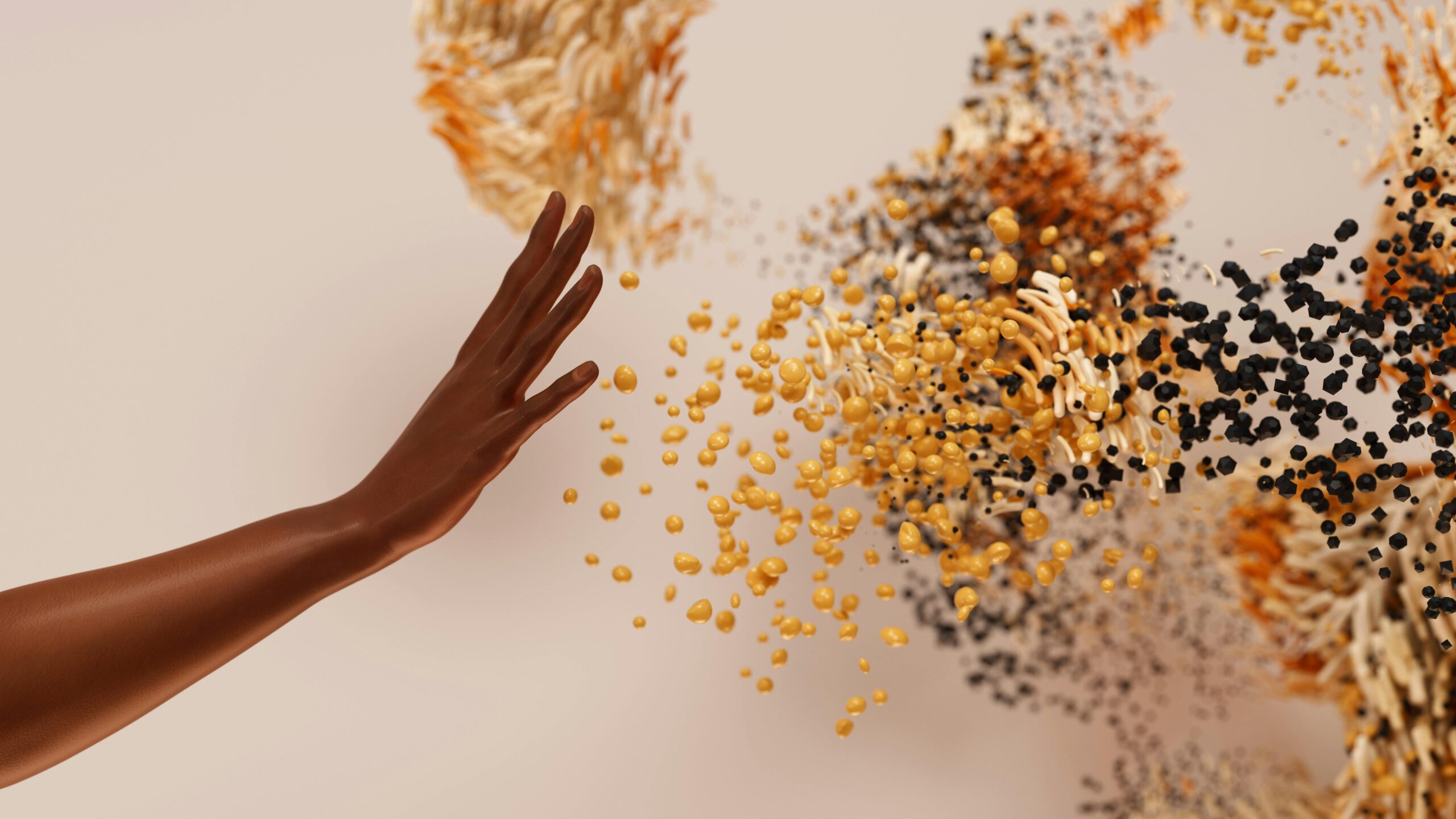
The Courage to See: Unpacking Unconscious Bias
Of late, I have found myself looking up, literally at my 12-year-old. She’s officially taller than me now and her height is now the first thing everyone notices as well. “Oh wow, she’s taller than you now.”
It feels as if where you get in life is directly proportional to how closely you align on the height chart.
We smile and move on but deep inside I do start to wonder:
Why do we equate height with promise?
Why do we let these biases influence our judgement of who belongs, leads or even succeeds?
This is where the conversation about unconscious bias begins, not with blame, but with curiosity and courage.
The Stories We Inherit
We all carry stories about what success looks like. Sometimes those stories are handed down by family, sometimes by culture, sometimes by the media.
Tall people are leaders.
Certain accents sound more “professional.”
People from certain backgrounds “fit” better.
These stories are powerful but the truth is: they’re just stories and the most damaging stories are the ones we share unknowingly.
The Armour of Bias
Unconscious bias may feel like an armour shielding us from the unknown, from uncertainty, from the unfamiliar. It feels safer to stick with what’s familiar.
But that safety is an illusion. When we let this bias guide our choices when we hire, who gets a promotion, and who we will listen to, we trade connection for comfort and we miss out on the richness of real diversity.
Science, Confounders and the Real World
In research, we know the world is messy. That’s why in scientific research we adjust for “confounders”. Its those underlying variables that may influence the output. This adjustment is not done because we’re flawed but because we’re human.
What if we brought the same honesty and rigour to our life in general?
What if we acknowledged our own biases and have the courage to do better?
Daring Leadership Means Daring to See
Dismantling bias is a practice and not a mere checklist. Its’ about creating spaces where discussions about power, privilege and differences happen openly with authenticity. It means asking tough questions and seeking honest answers.
Undoing bias is a practice, not a checklist. It involves creating spaces where discussions about privilege, power, and difference can occur openly. It means asking tough questions:
Who’s not at the table?
Whose voices are missing?
What stories are we believing about who deserves to be here?
It means building systems that are grounded in fairness and transparency, not in comfort or tradition.
The Gift of Vulnerability
Acknowledging our biases is uncomfortable but necessary. It leads to empathy, creativity and effective leadership. When we choose courage over comfort, we foster inclusive spaces where everyone feels they belong and are heard.
A Hope for the Next Generation
As my daughter grows, I hope she enters a world where her height is just one part of her story. I hope we help create a world, where we celebrate differences, acknowledge privileges and choose curiosity over certainty. A world where we have the courage to see each other and ourselves, clearly.
Unconscious bias is real.
But so is our capacity for change. Let’s be brave enough to do the work, together.
Sheetal Raina
Dr. Sheetal Raina is the founder and editor of ISBUND, an immersive platform dedicated to preserving and celebrating Kashmiri culture. Deeply connected to the heritage and traditions of Kashmir, she brings a distinctive voice to cultural discourse - blending academic insight with heartfelt commitment to her roots.



POST COMMENT